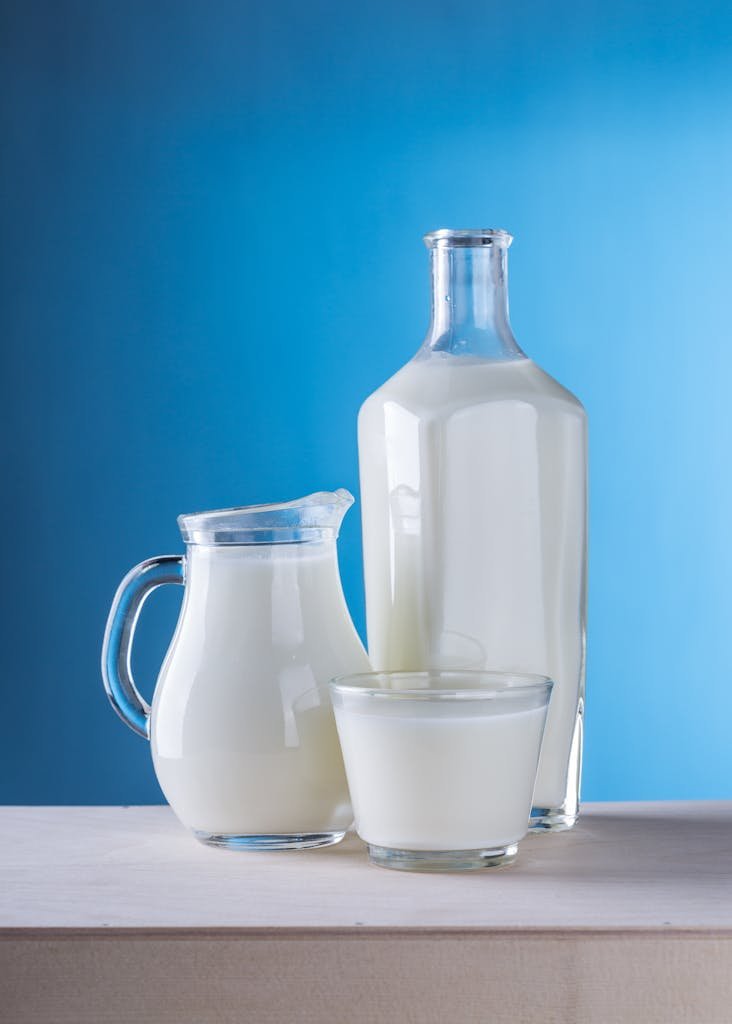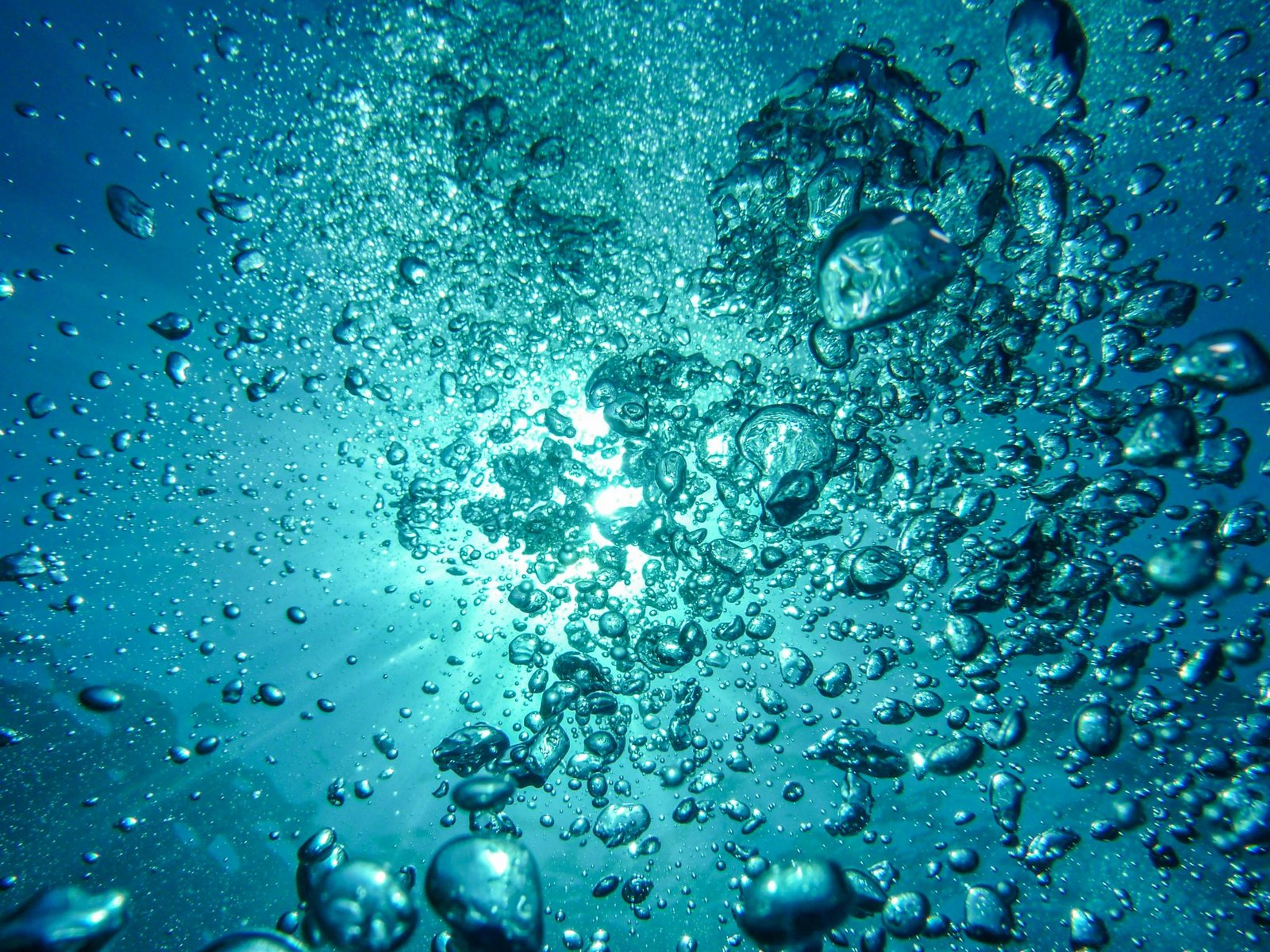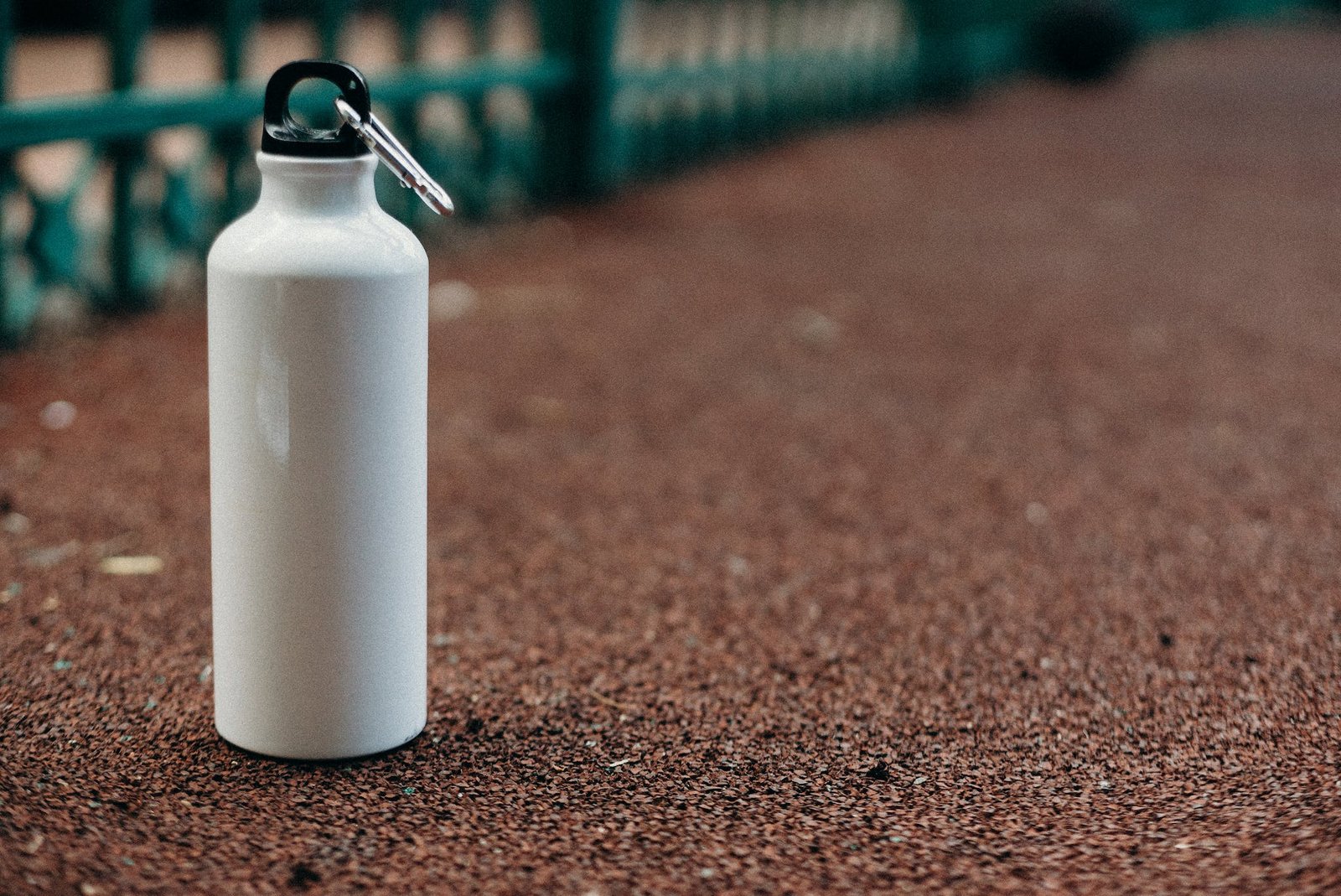Is Milk More Hydrating Than Water?
There are some affiliate links below, but they are all products I highly recommend. For more info, view my disclosure here.
Is milk more hydrating than water? This might sound surprising, but it’s a valid question. We’ve always been told that water is the ultimate hydrator. Yet, some studies suggest milk might offer superior benefits in keeping us hydrated.
Fluids are crucial in our diets, maintaining everything from body temperature to joint lubrication. While water often takes the spotlight, milk provides a blend of nutrients that could pack a more hydrating punch.
Let’s uncover the truth about milk versus water in the hydration debate and explore why milk might be more than just a nutritious beverage. Dive in to find out how grabbing that carton could impact your hydration game!
Understanding Hydration
Staying hydrated isn’t just about quenching your thirst. It’s like giving your body the oil it needs to run smoothly. Water plays a key role in every single thing your body does, from digesting food to keeping your heart beating right. But what really happens when we hydrate, and how do our bodies use water? Let’s take a closer look at the basics of hydration and what affects our individual needs.
What is Hydration?
Hydration seems simple—just drink water, right? But it’s really the process of how your body absorbs and uses fluids to function. When you drink water or other liquids, they get absorbed into your bloodstream through your intestines. This liquid then helps in moving nutrients throughout your body, so your organs and muscles work the way they should. Without enough water, your body starts missing a step in practically everything it does.
How does it make you feel when you’re well-hydrated? Think of your body as a well-oiled machine. Proper hydration keeps your mind sharp, helps regulate your body temperature, and even makes your skin look better. On the flip side, not drinking enough water can leave you feeling tired, make it hard to focus, and could even mess with your mood. Ever notice how a dry sponge becomes tough and brittle? Well, that’s pretty much what happens when you’re dehydrated.
Factors Influencing Hydration Needs
You might need more water than your friend or less than your neighbor. Various factors affect how much fluid you need daily. Here are some things that can change your hydration needs:
- Age: As we get older, our bodies hold less water, and our thirst signals become weaker. Kids and teens, on the other hand, are constantly growing, meaning they need more fluids for energy and development.
- Activity Level: Running around or hitting the gym? Physical activity ups your need for water to help you stay cool and replace what you lose through sweat.
- Climate: Hot, humid weather can make you sweat more, increasing your need for fluids. On the other hand, don’t underestimate the drying effect of cold, windy environments.
- Diet: Foods that are rich in water, like fruits and veggies, can make up some of your daily fluid intake. Salty or spicy meals, though, can leave you feeling parched.
Understanding these factors can help you figure out what your body truly needs. So next time you reach for a drink, think about how your age, activities, climate, and even what you’re eating might tweak the amount of water you’ll need for top performance. And by the way, staying hydrated isn’t just about liquids! The food you eat can contribute, too, so keep that in mind.

Nutritional Composition of Milk vs. Water
When it comes to hydration and nutrition, milk and water share the stage, but each offers something different. While water is the go-to for quenching thirst, milk sneaks in with a richer profile of nutrients. Let’s break down these differences to see what each brings to the table.
Caloric and Nutrient Content
Milk isn’t just a simple drink; it’s a mini-meal in a glass. Here’s why:
- Calories and Fats: Milk provides calories due to its fat content. One cup of whole milk contains approximately 150 calories and about 8 grams of fat. There are also lower-fat options like skim, 1%, and 2% milk, which offer fewer calories.
- Proteins: A key player in milk’s nutritional arsenal is protein. With around 8 grams per cup, milk is a good source of high-quality protein crucial for building and repairing tissues.
- Vitamins and Minerals: Milk packs a punch with nutrients essential for good health:
- Vitamin D: Helps your body absorb calcium effectively.
- Calcium: Vital for strong bones and teeth.
- Vitamin B12: Important for red blood cell production.
- Potassium and Magnesium: These minerals contribute to healthy heart and muscle function.
In contrast, water contains virtually no calories or nutrients, but it’s essential for staying hydrated and maintaining bodily functions.
Electrolytes and Hydration
Milk holds a secret weapon in the hydration game—electrolytes. These minerals play a significant role in keeping our bodies hydrated and functioning well. Here’s how they make a difference:
- Sodium and Potassium: Both are key electrolytes found in milk. Electrolytes help balance fluids in your body. Potassium, in particular, assists in muscle contractions and nerve function. Ever wonder why athletes might drink milk after a workout? These electrolytes can help replenish what’s lost during sweating.
So, while water is pure and simple, milk isn’t just another drink. It’s like carrying a toolbox of nutrients and electrolytes, making it a unique option for both quenching thirst and nourishing the body at the same time.
How do you see milk fitting into your hydration routine? Whether you’re looking for the basic thirst-quenching ability of water or the nutrient-rich benefits of milk, each has its own role to play in keeping your body happy and hydrated.
Scientific Studies on Milk and Hydration
When it comes to keeping ourselves hydrated, most of us instinctively reach for a glass of water. But have you ever wondered if milk could do an even better job? Let’s dive into what science has to say about the hydration effects of milk compared to water.
Comparative Studies and Findings
Several studies have compared the hydration levels achieved by milk with those from water. Researchers often measure how long fluids stay in the body as a way to gauge hydration. Here are some insights from key studies:
- Fluid Retention: One study found that the body’s ability to retain milk was higher than water. This means milk helped keep people hydrated for a longer time.
- Rehydration Post-Exercise: In trials where participants consumed milk and water after exercise, people who drank milk replenished lost fluids more effectively than those who drank water.
- Electrolytes and Nutrients: Milk contains sodium and potassium, which are natural electrolytes. These help maintain fluid balance in your body, enhancing milk’s rehydration capabilities.
Could it be that milk is more than just a drink for your cereal? Let’s delve deeper to see how its hydration index stacks up.
Hydration Index of Milk
The concept of a Beverage Hydration Index (BHI) is used to assess how different drinks hydrate the body. Water, of course, has a baseline hydration index, but how does milk compare?
- Hydration Efficiency: Research shows that milk ranks high on the BHI scale, surpassing water in certain tests. This suggests that milk may keep you hydrated longer than water.
- Unique Composition: Unlike water, milk contains carbohydrates, proteins, and fats. While water simply passes through the system, these nutrients in milk slow down the emptying process of the stomach, thus extending the hydration period.
- Practical Uses: For those looking to maximize hydration, milk can be a good option especially after intensive activities when the body needs to recover and retain fluids.
So, the next time you’re feeling parched, reaching for a glass of milk might not just quench your thirst but keep you hydrated longer. Whether it’s due to the magic of its nutrients or its excellent retention ability, milk is certainly making its mark in the hydration game. What do you think? Would you choose milk over water?
Practical Considerations for Hydration
Hydration is key to staying healthy and energized, so choosing the right fluid matters. Both milk and water have their place, but deciding which one to reach for can depend on different factors. Let’s explore scenarios when milk might take the spotlight over water and situations where water is still the go-to choice for effective hydration.
When to Choose Milk
You might consider reaching for a glass of milk in situations where you need more than just hydration. Its unique composition makes it useful in several situations:
- Post-Exercise Recovery: After a workout, your body craves more than water. Milk provides carbohydrates, protein, and electrolytes, all of which aid in muscle recovery. It’s like a fitness smoothie in a glass!
- Boosting Nutrition: In moments when you could use a nutritional lift, milk steps in with calcium, vitamin D, and essential amino acids. It can be particularly beneficial for kids and teens who are still growing.
- Satiety and Snacking: If you feel a bit peckish but don’t want to snack, milk’s protein content helps you feel fuller longer. It’s a liquid way to bridge between meals without reaching for unhealthy snacks.
Milk does more than quench thirst—it nourishes and replenishes, making it ideal for situations when your body needs a little extra.
When to Choose Water
Despite milk’s benefits, water remains unmatched when all you need is straightforward hydration:
- Daily Hydration: For most daily activities and moderate climates, water’s simplicity and accessibility make it the top pick. It hydrates without added calories or sugars.
- Heat and Activity: When temperatures soar or during intense physical activity, water efficiently replenishes the fluids lost through sweat. It’s the ultimate no-frills hydrator.
- Medical Situations: In times of tummy trouble or certain medical conditions, plain water is gentle on the body. It prevents dehydration when your system may not handle more complex fluids well.
Water is like the trusty sidekick in your hydration quest—reliable, essential, and always there to quench your thirst, whatever the activity or climate.
Understanding when each fluid can be most beneficial helps you stay healthily hydrated, meeting your body’s needs at different times. So next time you’re thirsty, think about what your body might need beyond just quenching that thirst.
Myths and Misconceptions about Milk and Hydration
Milk is more than just a drink found in your cereal bowl. While often enjoyed simply for its taste, milk carries hydration benefits that are frequently misunderstood. Let’s clear up some clouds of confusion surrounding milk and its role in hydration and overall nutrition.
Myths About Milk Causing Dehydration
One common myth is that milk causes dehydration. This belief stems from the assumption that milk’s fat and protein content might actually take away more water from the body than they provide. But is this really the case?
Believe it or not, milk is quite the hydrator. Its composition includes water alongside essential electrolytes like potassium and sodium, which help maintain fluid balance in the body. Research even suggests milk can be more effective for hydration after exercise compared to some sports drinks. Here are some reasons why:
- Water Content: Milk is composed of about 87% water, making it a valuable source of hydration.
- Electrolytes: The presence of sodium and potassium aids in keeping fluids in balance.
- Protein: This helps slow the absorption of fluid into your bloodstream, aiding better hydration over time.
Discard those outdated notions—milk’s hydration power can often surpass what many might think.
Misunderstanding Milk’s Role in Diet
When we think about hydration, water usually comes first to mind. But milk offers a rich tapestry of nutrients that support our bodies more broadly than a simple glass of water.
Milk is a nutritional powerhouse, contributing more than just hydration to a balanced diet:
- Calcium: It’s vital for strong bones and teeth, and milk is a leading source.
- Protein: Necessary for building and repairing tissues, the protein in milk is complete and includes all essential amino acids.
- Vitamins and Minerals: From Vitamin D, which aids calcium absorption, to B vitamins that boost energy levels, milk is packed with essentials that keep the body functioning well.
By considering these points, it becomes clear that milk offers a suite of benefits beyond just quenching your thirst. It’s like getting a full package deal rather than a single benefit. While sipping on water for hydration is great, recognizing milk’s broader value paints a more comprehensive picture of its role in a healthy lifestyle.
Remember, your diet is a jigsaw puzzle, and milk is one of the pieces that fit perfectly into the big picture of not just hydration, but overall nourishment.
Conclusion
Milk offers some hydrating benefits thanks to its nutrient-rich profile but doesn’t replace water’s unmatched ability to quench thirst. While milk provides a mix of electrolytes and carbohydrates for longer-lasting hydration, water remains the top choice for meeting daily hydration needs.
Enjoy milk as part of a balanced diet, but don’t swap it entirely for water in your routine. Feel free to explore other hydrating options, such as herbal teas or fruit-infused water, to maintain variety and interest in your daily hydration habits.
Have you found a unique beverage that keeps you hydrated? Share your thoughts and join the conversation. Remember, every sip moves you toward better health.




